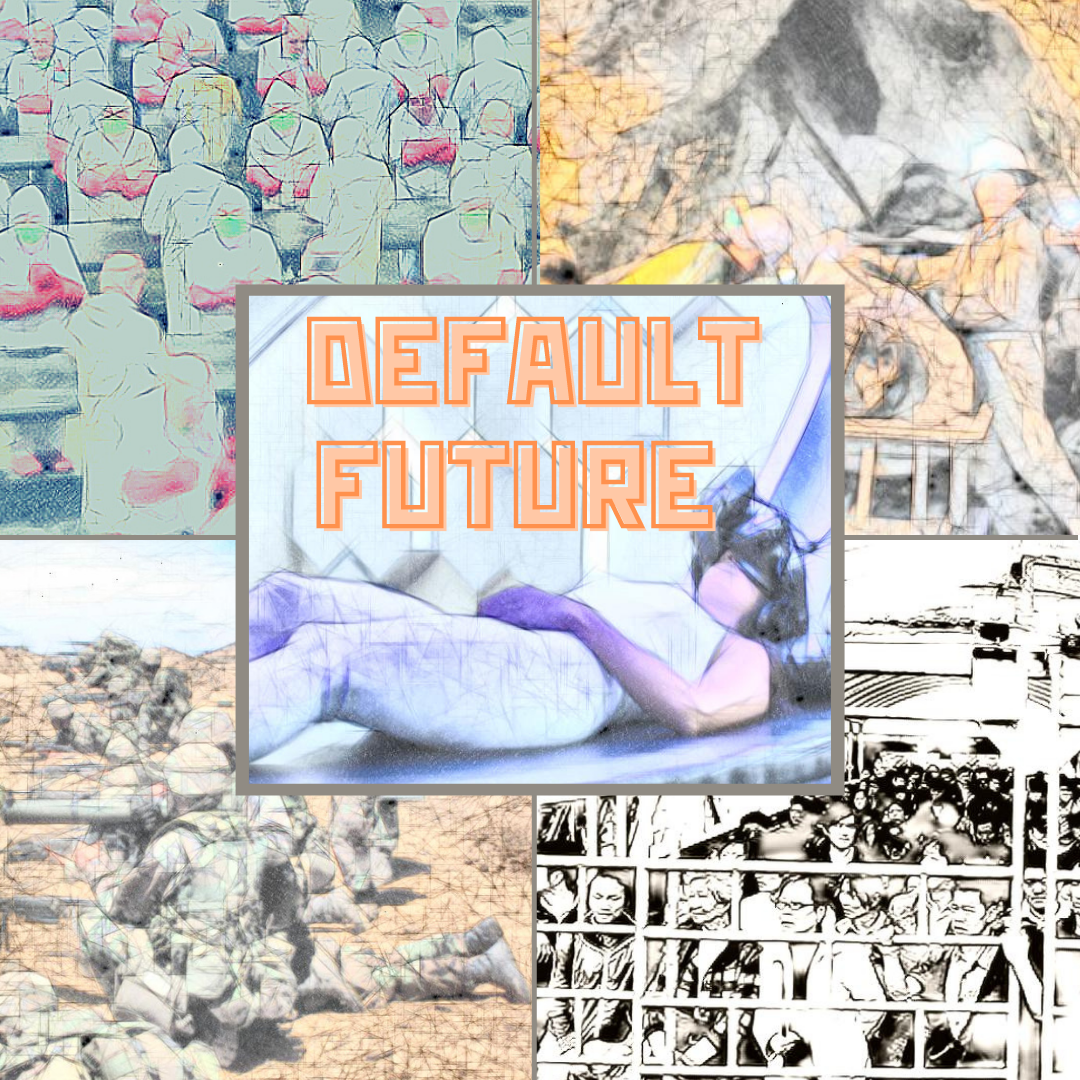Thoughts on the #hivemind after trying social media for the first time
I was born in 1988, but I somehow resisted any serious engagement with social media until January of 2020. I want to explain what changed my mind, and why I’m going to stick around.
Can social media actually do any good?
Like a lot of people, when first confronted with social media back in the 2000s I said (out loud) something like, “Tweet my stupid little thoughts, that’s a waste of everybody’s time.” It sounds like a reasonable rebuttal, but even back then I was being disingenuous. I still wrote blog posts, I wrote papers, I talked my friends’ ears off if they’d let me. I wanted my stupid little opinions to be heard just as much as anyone. So why not join in?
I told myself it was because, “I wanted to do good things instead of talk about them.” I told myself that all that chitter chatter just distracted everybody else from accomplishing the hard stuff that really moves the world forward. However, there’s an obvious problem with this worldview that I even recognized at the time.
If I do something good, how could it have an impact if no one is listening to me?
I could see the attention span arms race, the good guys in the signal vs the bad guys in the noise. Once I’d confronted the cognitive dissonance of trying to do good in a vacuum, I developed other defense mechanisms. I told myself, “this is the high road, and I should just do good work[*] and eventually it will be recognized”. Then later, when it occurred to me that it was really arrogant to expect an organic following without ever even telling anyone I was doing anything, I constructed another blocker: “if I start projecting my thoughts before I know enough, then I’ll do more harm than good, and make a fool of myself by the time I really start to understand things.”
I made my points quietly on this unread blog, and to any friend who would listen. In some ways this was practice, but in others it was wasted effort. I wasn’t getting feedback, and I wasn’t growing my ideas beyond myself.
Eventually I realized, the only reason I refused to engage was that I was afraid of directly quantifying my own limited contribution to the world.
The internet lets you measure who is listening. If I never tried to get attention, I could fabricate a hypothetical self-worth in my mind, but I never had to worry about validating it in the real world. What’s more, when I really was honest with myself, I recognized that the crap I’ve been doing isn’t really worth the diversion of the public attention anyway.
It was good to recognize, but on it’s own, this admission doesn’t change whether I should take part in social media. If I want to only do good, and I believe that the impact of my self-promotion is really so minimal, then I should have no choice but to shut my efforts down to conserve resources. But then, I challenged myself with an epistemological riddle.
Should I expect to be able to predict my own contribution to the world’s discourse today?
Given all the resources that have been poured into me by society, should I really draw down my output? I surveyed the world around me, and came to the following conclusion.
Since I have no example data on what my contributions would look like, I have no way of knowing if they’d be worth anything yet.
From this, I decided that I have exactly one shot to collect the sample data of my life’s work as measured by the gauge that is the world’s opinions.
So as of today, I am trying my damnedest to inflict my stodgy little views onto the internet. For the most part, I’m still doing pretty horribly, but at least now I can get better. I’m contributing, and feeding back into the system at a higher rate than I’d imagined. And furthermore, I’m learning about how nuanced and rich the feeling of constant feedback is. I’ve never felt like I was inside the hive mind before, and I must admit I like it a lot.
Why I’m staying
That said, there is an awful lot of distraction in this medium. It takes work to properly present oneself and provide feedback properly, and it’s extremely easy to cut corners in the battle for attention. Punchy witticisms abound.I joined twitter right at the onset of a virally amplified panic. It truly makes me wonder what the system is going to look like once every person’s first thought is no longer “Don’t touch my face!”
Still, I believe there is value in fighting through the distraction as well. If I can try to stay strong and only amplify the valuable messages, then I can help reign in the negative parts of this medium.
What’s more, if I begin to believe that my ideas are of true value to the progress of the world, then I can use the leverage of this system to help amplify. Attention is the most efficient tool of this era in the same way that the steam engine was the most efficient 200 years ago.
I think that we will look back and call this the Attention Age, where the most precious resource to be mined is our global shared attention. I do not mean this in a bad way. I mean quite literally that the most efficient machine for enacting a change is to get many minds thinking about it for a prolonged period. After that the rest has been made easy by our previous mastery of the tools of all the prior ages.
So I’ll definitely be continuing to work on improving my abilities at using social media as a tool. It would be a waste to abstain from engaging in the commerce of attention in this era. The same way that it would have been a waste to abstain from industry in the Industrial Age, from iron in the Iron Age, or from information in the Information Age.
Of course, this comes with a pretty deep caveat. If what I just said is true, then my contribution is largely shaped by whatever it was that focused my attention during my formative years. However, this situation isn’t really a new predicament caused by engaging with social media—it’s merely made more transparent by it.
Nevertheless, if the feedback becomes too strong, then I’ll risk becoming a mindless cog of the higher order conscious mind. And I may need to unplug at some point to ensure that my mind doesn’t conform too closely to this collective, but I can put those safety measures in place when it’s necessary.
But for now, I’m going to tweet these thoughts out.
 will stedden
will stedden

